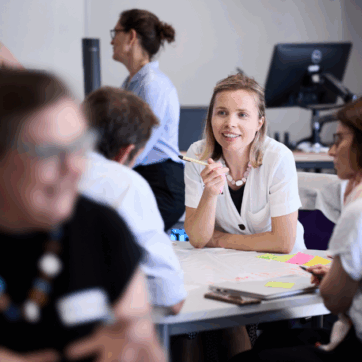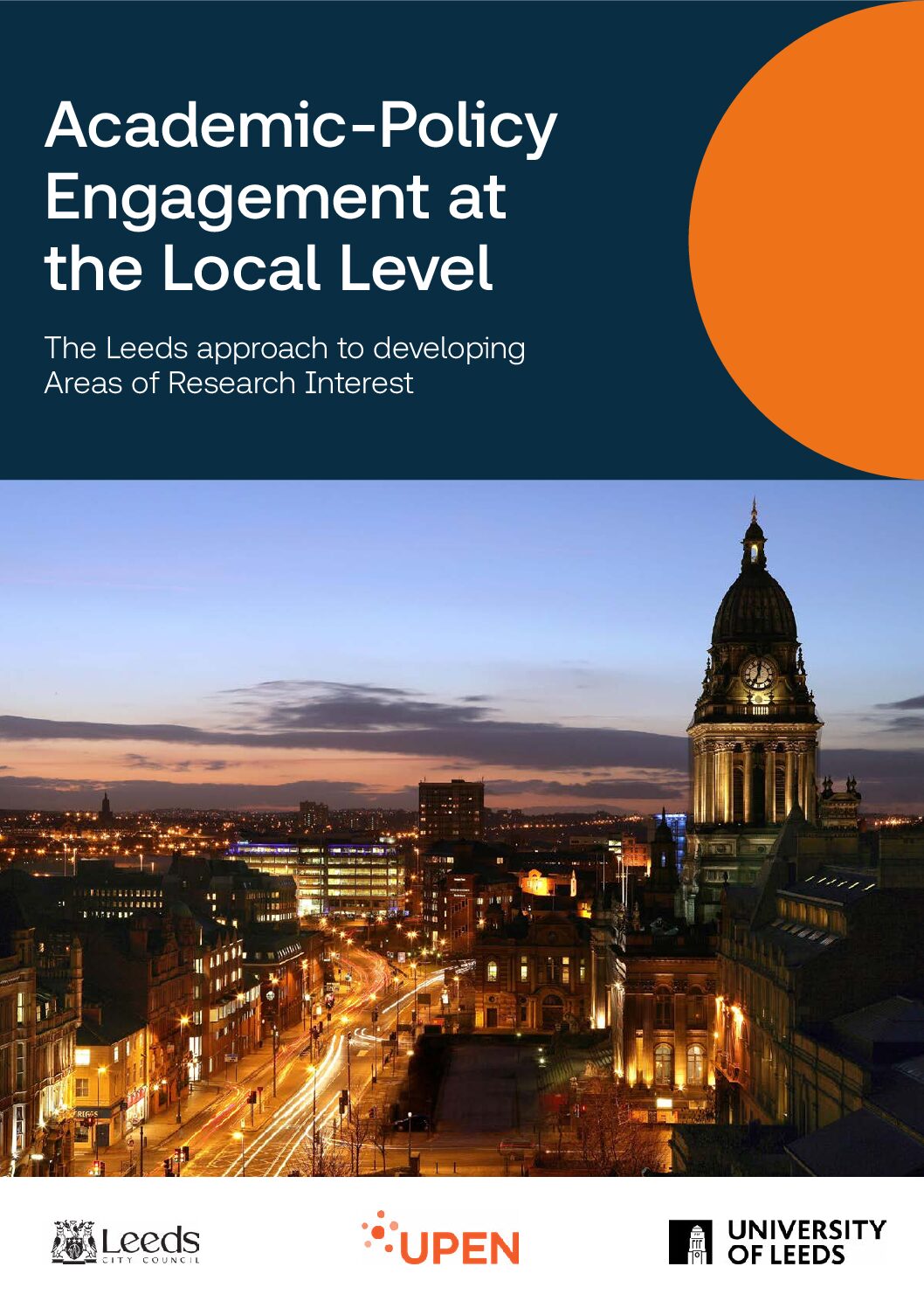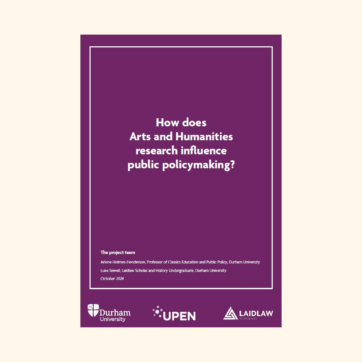“Learning never stops” – a phrase I wholeheartedly agree with. As a child, I was always that annoying one that constantly asked ‘why’. My mind is still curious about the way the world works (or doesn’t work) and I have deeply entrenched values of justice, equality and fairness. That, put together with my desire to improve public service, led me to join the civil service at the MoJ after graduating university and I knew I had found the right calling. I’ve moved around central Government departments and undertaken varied roles over my 13 years – strategy, Ministerial office, international, corporate and operational delivery as well as policy.
When I was promoted into the Senior Civil Service, I had the acute realisation that I was now in a leadership position where people looked to me for direction, answers and fresh thinking. I wanted to be more innovative and creative, remaining up to date with evidence and latest research so I kept growing as a leader. By extension, me (and my team) had the best chance of success when it came to tackling complex social justice issues.
I started to think about how important it is to keep learning and try a secondment outside of the civil service. I had given some thought to where I might want to spend a year, perhaps third sector or private sector, but since I had worked very closely with academics in various roles in my career I reached out to one of our established stakeholders that I had a relationship with through my work in Legal Support who is at UCL, Professor Dame Hazel Genn. Luckily for me, she saw the strategic benefit of such a secondment immediately, particularly as I had recently arranged for an inward secondment of someone from UCL to MoJ for 12 months to help us work on health-justice partnerships to address legal need in health settings. I felt that if I wanted an innovative and creative environment to expose me to a different way of working and culture, where better than one of world’s leading institutions in education and research!
In the MoJ, we deal with some of the most complex problems in society – from criminal justice to human rights. Solving these problems requires us to be open to the latest research, the best ideas, the brightest minds. That’s why I’m so pleased to support Roshnee to develop her learning, and I am keen to keep the exchange of ideas (and people!) going.
Jerome Glass, Director General, Policy and Strategy Group
Three months in, and I am starting to enjoy the journey. The CAPE Fellowship has offered me an opportunity to structure my time at UCL, provided support as well as great knowledge exchange opportunities, an expansive network across the academic community and exposed me to diversity of thought and expertise. The environment is very different to what I have been used to – working independently rather than in a team, having LOTS of reflection time rather than thinking and implementing at pace but most importantly being a true learning environment where I have met some brilliant people who have sparked some excellent ideas.
So far, I’ve been involved in a number of projects including delivering a Masterclass Seminar on Policy-Making in Government, developing an Inclusive Decision-Making Framework, and learning more about systems thinking and why it’s so important to work across boundaries and with different disciplines. The systems thinking is particularly interesting and relevant when considering a new framework in how we, in policy environments approach solving complex social welfare problems which tend to cluster.
The MoJ has been very supportive of this opportunity, particularly as there are so many ongoing departmental priorities which need delivering within the department that I could put my energy into. But there is a growing appetite and acknowledgement across Government that Senior Civil Servants in particular, need to be more open minded and gain experience as well as knowledge from different sectors. My Director General has even been keen to see if there could be a rolling opportunity to have secondment exchanges between the two organisations on a regular basis. So if you’re interested in hearing more about what a CAPE Fellowship means, want to know more about my project or my work in MoJ – please get in touch.
Interested in keeping up-to-date with Roshnee’s and other CAPE projects? Subscribe to our newsletter
About CAPE
Capabilities in Academic Policy Engagement (CAPE) is a knowledge exchange and research project funded by Research England from 2020-2024, which has been exploring how to support effective and sustained engagement between academics and policy professionals. The project is a partnership between UCL and the Universities of Cambridge, Manchester, Northumbria and Nottingham in collaboration with the Government Office for Science, the Parliamentary Office for Science and Technology, Nesta and the Transforming Evidence Hub.
About CAPE case studies
CAPE case studies have been written by academics and policy partners on the CAPE project as reflections on their experience of undertaking academic policy engagement. The case studies include explorations of academic placements in policy organisations and vice versa (called Policy Fellowships), partnerships between universities and policy organisations, and collaborative projects between academics and policy partners.


